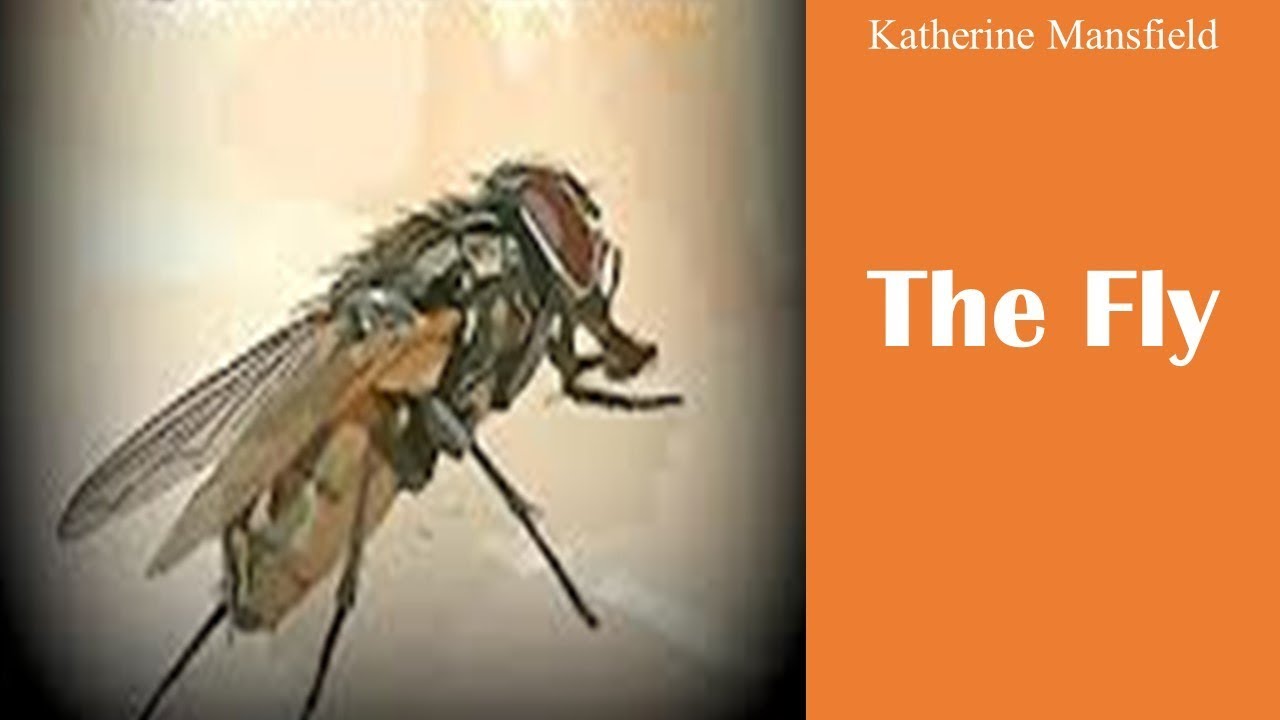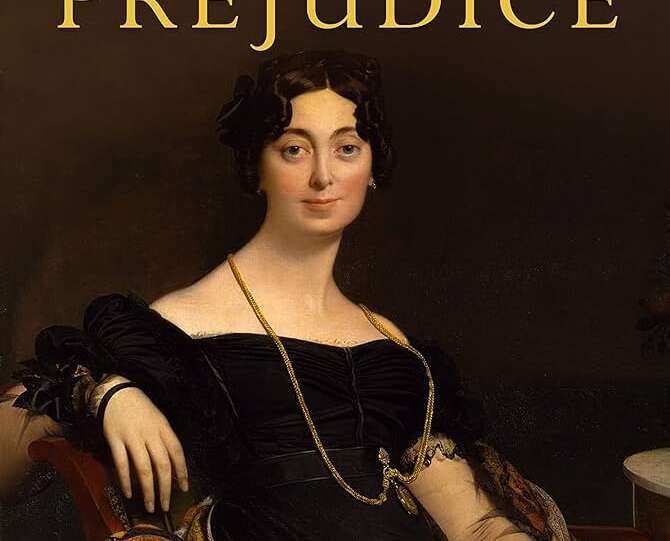
“All the same, we cling to our last pleasures as the tree clings to its last leaves” explain the lines from “The Fly”
All the same, we cling to our last pleasures as the tree clings to its last leaves
Katherine Mansfield makes a comment on human nature in her short story “The Fly.” This is in connection with Mr. Woodifield, an elderly gentleman, who is permitted to visit his friends only once a week. The storyteller refers here to the instinctive human attachment to old pleasures through an analogy drawn from the natural world.
After he has been attacked with a heart stroke, Mr. Woodifield is kept confined to his home, except on Tuesday. Tuesday is his only holiday in a week for relaxation and recreation as he likes. He comes out, visits his friends, and passes his time in his old reckless manner on this very day. In this connection, Mansfield reflects on the human tendency to cling to past habits and manners. Even when he grows ancient and becomes inactive for some reason, he does not forget his old mode of living. He tries to enjoy it whenever he gets a chance. His interest remains in his old ways and living processes. Mrs. Katherine Mansfield substantiates her viewpoint through the analogy, as mentioned earlier. The human habit of clinging to old pleasures is compared to the attachment of the trees to their last leaves. A tree retains even its dry, dead leaves till they are shaken off totally. Similarly, men are often found to remain fond of their old habits, as long as they live, and love to follow their own pursuits, even when these are no longer appropriate or congenial to their age or situation.
Mrs. Mansfield’s remark here is quite meaningful and signifies much of the characteristic human habit to stick to old things. The analogy in this respect is quite happily conceived. Moreover, the sentence has a touch of genuine humour, with a meaningful reference, as already indicated, to human nature.
The comparison also reflects Mansfield’s keen psychological insight into the frailty of human beings when confronted with the realities of age and decline. Just as the tree cannot prevent its leaves from withering, so too human beings cannot resist the gradual loss of vitality that comes with time. Yet, in both cases, there is a clinging — a resistance to letting go — which reveals an instinct for survival and a reluctance to embrace change. This makes the line both humorous and poignant, suggesting that even trivial pleasures may become deeply significant to the elderly, as they symbolize continuity with their past lives.
Also, Mansfield’s analogy indirectly comments on the larger theme of mortality that runs through “The Fly.” Just as leaves inevitably fall, human beings too must one day surrender to death. Mr. Woodifield’s attachment to his weekly outing, therefore, is not merely a quirk of character but an emblem of the universal human struggle against the passage of time. The line beautifully captures the irony of life: even in the face of inevitability, man holds fast to fleeting joys, as though they could delay or soften the reality of decline.





